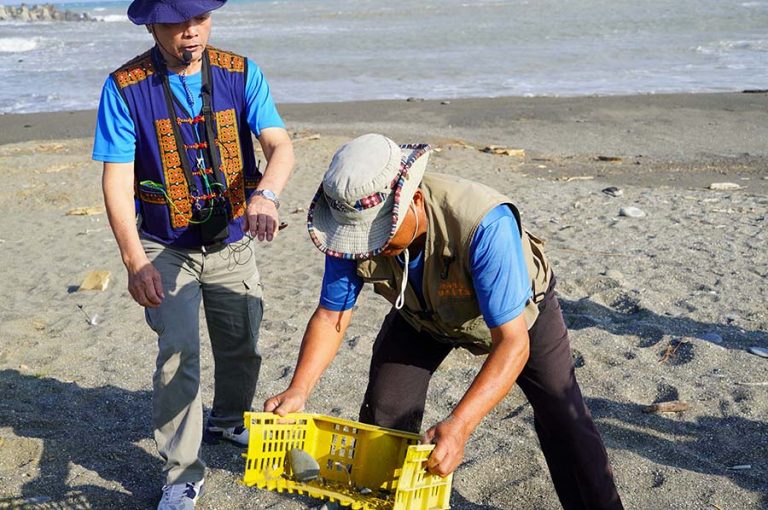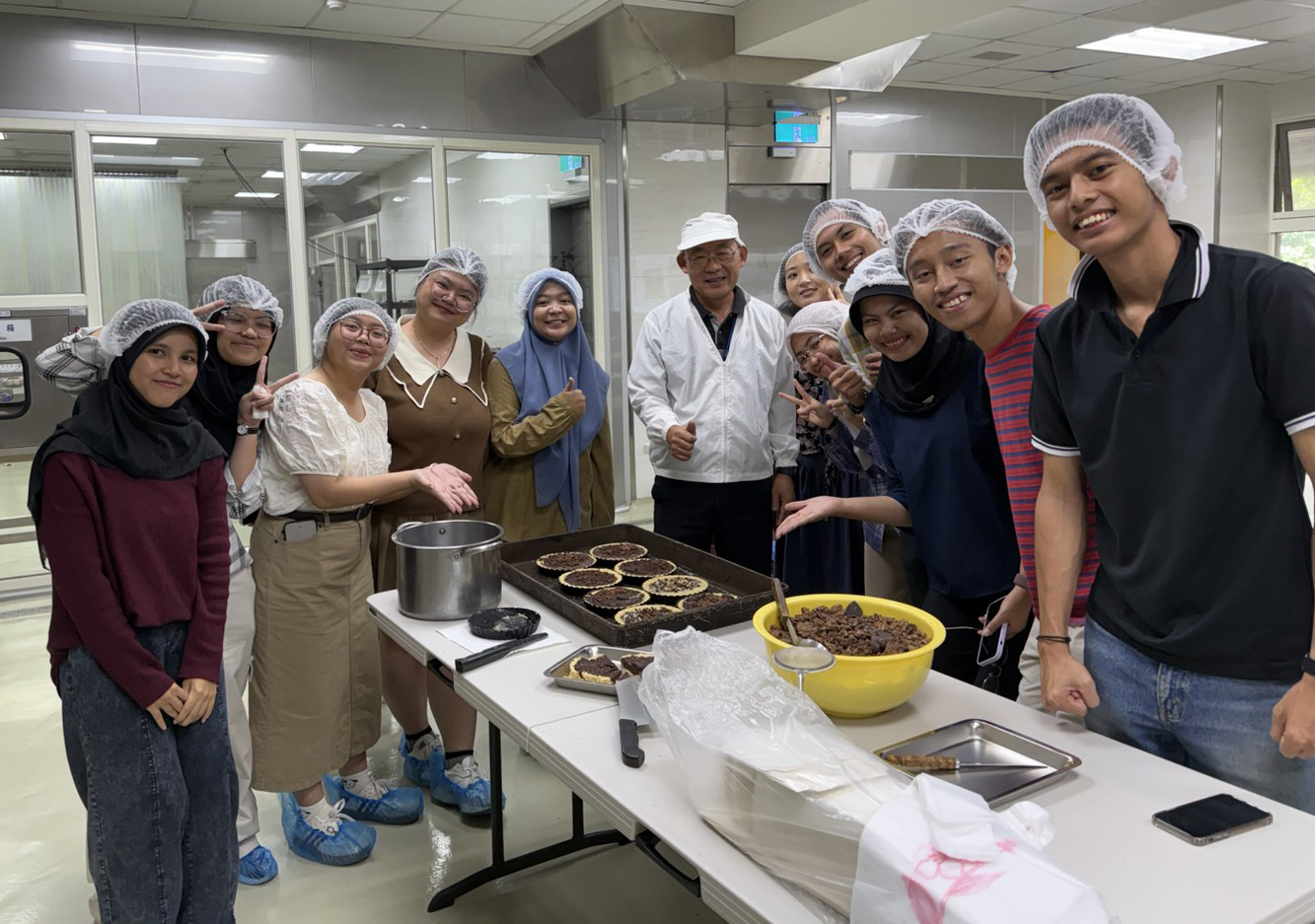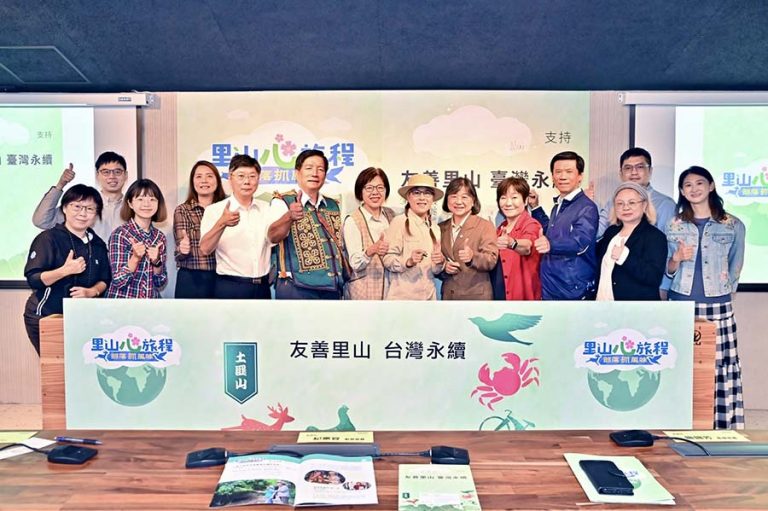2025-11-05
To promote in-depth tourism and practice local revitalization (place-making), the Taiwan Ecotourism and Regional Revitalization Alliance (TERRA), the NPUST Community Forestry Team, and the Pingtung County Downslope Wind Sustainable Tourism Labor Cooperative organized an industry matching event from November 3rd to 5th.
Travel industry professionals who participated in the activity reported that Hengchun Peninsula communities are now mature enough for high-quality, in-depth tourism. Key observations pointed out features of cultural transformation, operational readiness and visitor experience. In these areas it was noted that the Indigenous communities have shifted their focus from a traditional hunting model to one of ecological conservation and cultural emphasis, with each community offering unique characteristics and local cuisine. The routes are also suitably connected and essential facilities like restrooms and transportation are well-developed. Tourists can enjoy a full day of activities without excessive physical exertion, making the itineraries suitable for senior citizens, families, and small tour groups.
The operators believe there is a strong opportunity to create a brand for the Hengchun Peninsula—one that is warm and story-driven—by partnering with local communities for long-term cooperation and integrating local agricultural products. This could be achieved by further optimizing details such as flexibility in group size and pricing, enhancing meal standards, and obtaining food certifications.
The assessment group highlighted the distinct cultural richness of the region, featuring folk music and the “Flu-Lang-Gong Percussion Ensemble” in the Manzhou Area, and deep cultural immersion in Gaoshi Village with a fire walking ceremony, wild vegetable foraging, and traditional life wisdom. Their feedback on the Gangzai Community focused on extending bike routes, improving public spaces, and integrating ESG concepts to enhance its authentic fishing village appeal for corporate and educational groups. Experts also suggested utilizing ATVs for the sand dune routes once approved, linking key scenic points, and incorporating local seafood themed meals to boost revenue. The long-term vision is to connect Gangzai and Xuhai Community to create a more comprehensive mountain and sea tour network. Xuhai, in turn, showcased its limited-access Alangyi Historic Trail and new package tours like “The Call of the Starry Sea”.
This initiative aims to create high-quality itineraries that embody cultural depth, environmental sustainability, and local co-prosperity. Emphasis will continue to be placed on educational and practical considerations, so that the destinations can appeal to corporate ESG and international inbound tourists, while also aligning with national policies and the Sustainable Development Goals.






